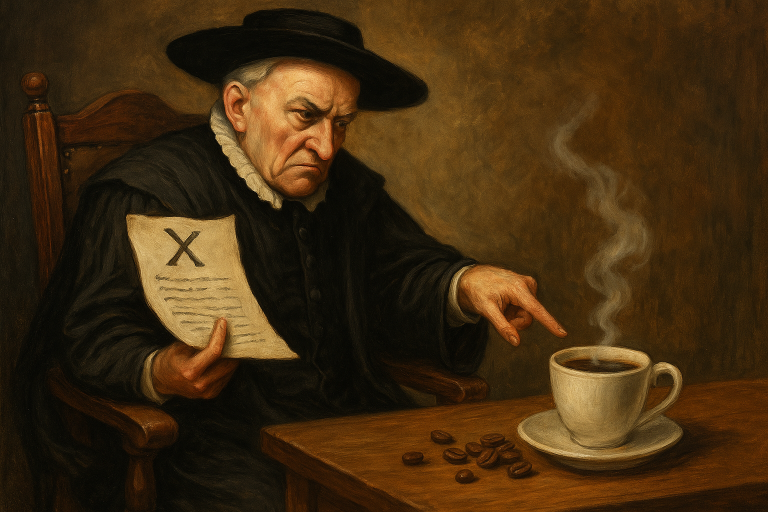
Few commodities have had as profound an impact on global trade, economies, and societies as coffee. From its early days as a mystical beverage in Ethiopia and Yemen to its transformation into a multibillion-dollar global industry, coffee has long been at the center of human connection, colonial ambition, and economic evolution.
In this article, we’ll explore how coffee helped build empires, fuel international commerce, reshape labor markets, and continue to influence global economics to this day.
Coffee began as a regional drink tied to Sufi rituals in Yemen and Ethiopia, but by the 17th century, it had become a global commodity. European colonial powers, recognizing its potential for profit, began cultivating it in tropical colonies to satisfy growing demand at home.
By the 18th and 19th centuries, coffee was traded across continents, with a supply chain that connected:
This triangular relationship formed one of the earliest examples of truly global trade.
The European thirst for coffee led directly to the expansion of colonial plantations. France, the Netherlands, Portugal, and Britain all established coffee farms in:
These plantations relied heavily on enslaved labor and, later, indentured servitude, creating enormous wealth for colonial powers while exploiting local populations.
Coffee thus became a symbol of both economic opportunity and oppression.
Some countries built their entire economic identity around coffee:
For many developing nations, coffee exports became a primary source of GDP, employment, and foreign exchange.
The demand for coffee shaped infrastructure development in producer countries:
Coffee wasn’t just a product—it was a logistical catalyst for national development.
In the 20th century, fluctuating prices and overproduction led to economic instability. To address this, the International Coffee Agreement (ICA) was formed in 1962, with support from the UN.
The ICA aimed to:
While effective for a time, it collapsed in 1989 when the U.S. withdrew, leading to market liberalization and increased price volatility—especially for smallholder farmers.
Modern coffee trade is dominated by a few powerful multinational corporations, including:
These companies control major parts of the supply chain—from sourcing and roasting to distribution and retail.
While they provide market access and global visibility, critics argue that they often capture the majority of profits, leaving producers with a fraction of the value.
Coffee drinkers may spend $4–6 on a single cup, but the farmer who grew the beans often earns less than $1 per pound.
This disparity is known as the “coffee price paradox.”
Contributing factors include:
Efforts like Fair Trade, Direct Trade, and cooperative models have emerged to improve conditions, but systemic challenges persist.
Globally, over 125 million people depend on coffee for their livelihoods, including:
In many rural economies, especially in Latin America and Africa, coffee is the backbone of community income.
However, coffee labor is often seasonal, low-paid, and physically demanding—especially at the farm level.
The rise of the specialty coffee industry has brought new opportunities for producers, particularly those focused on:
With traceability and storytelling, specialty coffee allows producers to differentiate their product and access premium markets.
Countries like Ethiopia, Panama, and Rwanda have carved out reputations for quality, enabling them to command higher prices and support rural development.
Coffee is one of the most traded commodities in the world, second only to oil in dollar value among legally traded goods.
Coffee has become a geopolitical product, tied to climate policy, sustainability goals, and economic justice.
Coffee is more than a beverage—it’s a currency of connection, a driver of development, and a window into the complexities of global economics.
From the plantations of Brazil to Wall Street’s trading floors, coffee has shaped our world in subtle and profound ways. Understanding its economic journey helps us appreciate every cup with more intention—and support a more equitable future for those who make it possible.

Gabriel Rodrigues é especialista em finanças pessoais e escritor, com ampla experiência em economia, planejamento financeiro e gestão de recursos. Apaixonado por ajudar as pessoas a alcançarem sua saúde financeira, ele explora temas variados, desde investimentos até estratégias de poupança. Quando não está escrevendo, você pode encontrá-lo estudando novas tendências financeiras e oferecendo consultoria para quem busca melhorar sua relação com o dinheiro.